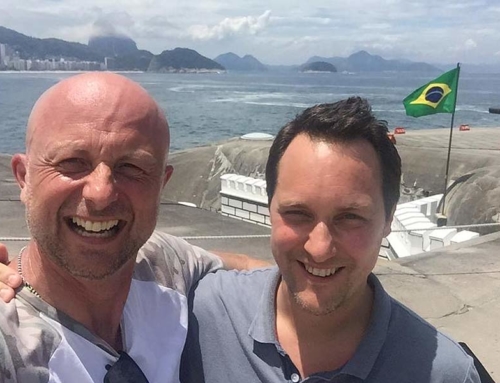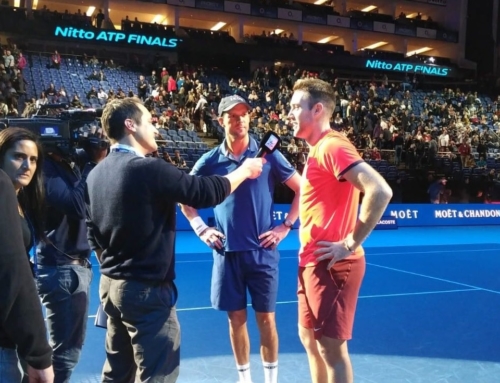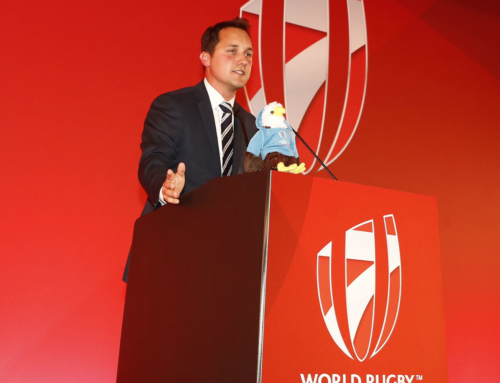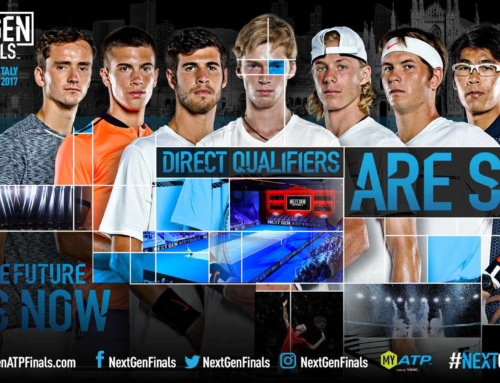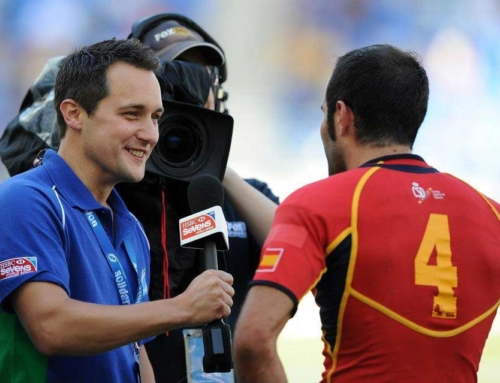What an eight weeks it was, and what a transformative event for rugby and rugby fans. The first Rugby World Cup to be held in Asia, by Japan, was a huge success however you choose to judge it. It was a privilege to be there working on my fifth world cup event for the tournament owners in a digital integration role.
I’m now looking forward to more consultancy work in 2020 with World Rugby, re-purposing some of the fantastic digital platforms developed.
Records tumbled
To see the way the Japanese people embraced a sport and an event they’d previously known so little about was spell-binding. They turned up to fan zones in their thousands, welcomed tourists with smiles and open arms, bought replica jerseys until the shops ran out and watched the games.
And did they watch the games! A record 54.8 million people watched the Japan v Scotland match, and during the event Japan’s team was involved in the top 5 biggest ever domestic television audiences for a rugby match. That’s pretty incredible and you could sense the excitement building.
Digital integration
The Japanese people also took the biggest bite out of the digital consumption pie. The Japanese language version of rugbyworldcup.com was consumed more than any of the other three languages, including English. That’s a first and is very promising ahead of France 2023.
My role in Tokyo sat across all of the digital platforms, essentially making sure that all of the moving parts and suppliers worked together. Such a big event inevitably has different companies for things like digital platform creation, multi-lingual web copy-writing, video production, live audio, photo and data feeds, social media and content specifically for the media.
It was hugely enjoyable working with companies like Pulse, Gracenote, IMG, Engage Digital Partners, Fifty Digital, Opta, Getty and Spalk. With so many moving parts it’s important to integrate and streamline processes and communication as well as possible. I was that integration point, or one of them.
As a project it brought its challenges, and we had a few hairy moments with Typhoon Hagibis, but the end result was an award-winning success across the board and the most enjoyable Rugby World Cup for me since Australia 2003.


